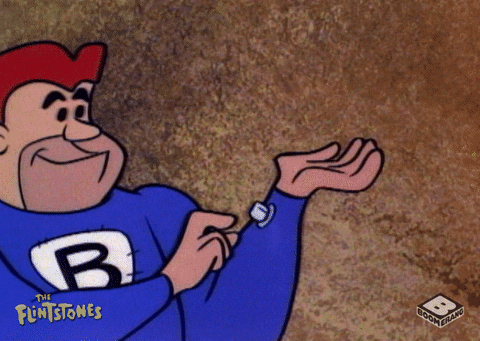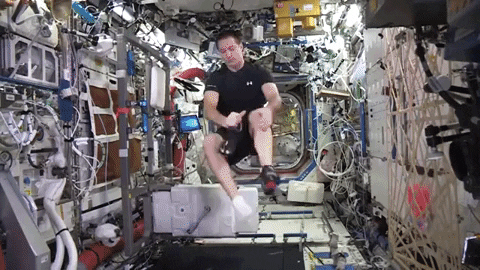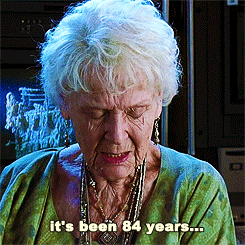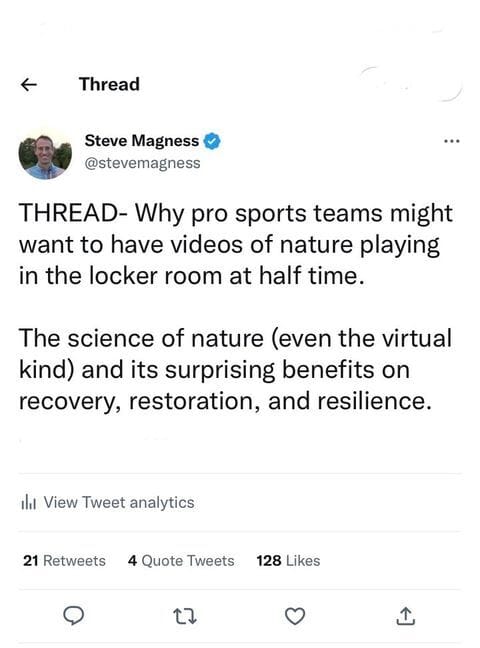- Brooklyn Sports Chiropractic
- Posts
- BKSC Monthly Insights September
BKSC Monthly Insights September
What happens if I stop running or lifting for a week?


Welcome back,
or welcome to, BKSC monthly insights. Each month we cover one topic from the field of human performance in depth, and then I share some loosely related recommendations of things I have been reading/watching/consuming. If you like what you read, please share with a friend. Feedback is encouraged as well!
Each newsletter will cover three topics.
One area of rehab or sports performance, whether that be theoretical or practical.
One recommendation in the form of a piece of media that I think is in the spirit of the newsletter.
One thing that’s making me happy. Doesn’t need to be related. I make the rules.
Allons-y!
What is detraining?
Detraining is an ever-present fear in a lot of athletes that I speak to. What happens if I go on vacation and don’t lift for a week? Will I have to start over? The running community is always up for a contest to see who will be crowned most neurotic athlete and will seemingly bend the rules of space and time to make sure they get a run in “on schedule”. The question is, what happens when I miss a few days of training?

For today’s purposes we’re going to define detraining as: the partial or complete loss of training-induced adaptations, in response to an insufficient training stimulus. In other words, I stopped exercising and now I’m not as good at it.
Most of the research on the topic of detraining has been related to astronauts dealing with changes in physiology in “microgravity”, but the COVID epidemic forced a lot of people into detraining and an interest was taken by the scientific community as it relates to the general public.

Interestingly enough, the data differs between running and lifting. The rate of change for the ways your muscles adapt to shifting weight is different than that of your lungs and heart for endurance. As I think we can all agree those are the primary forms of exercise by the masses, we’ll focus on the effects of detraining on these two.
We’ll start with lifting. According to a literature review focused on rugby and American football players, strength and power can be maintained for up to three weeks of taking time off from lifting. Although you may see some changes in muscle size and endurance, your actual strength (gym numbers) should not change during this time. Obviously things go further downhill after that three week period, but you’re still able to claw your way back until about the four-month mark after which it will feel a lot like starting over.

What about running?
A study performed by the US Army Research Institute showed that you will start to see a significant decline in your running performance around the ten day mark of taking time off. As that break stretches out, you’ll see more big drops between two and four weeks of a hiatus. After that, you’ve lost enough of your base that you will most likely be starting your training cycle over.

Anecdotally, I’ve definitely felt these affects in real time, but it’s still striking to me how short those windows are. Not a ton of wiggle room for people with real lives and jobs and babies and in-laws and vacations and jury duty and natural disasters. That then begs the question for me, how much does this matter? I know that from a fitness perspective I can generally bounce back and get up to speed rather quickly. There are probably a lot of factors affecting this, but paramount among them is a solid training base that allows for some flexibility in training volume without having to start from scratch each time you take a week off.

Taking time off isn’t going to ruin your hopes and dreams. I daresay that taking time off is even a good thing. Every training plan worth the paper it’s printed on has a deload cycle built in for this very reason. Now more than ever before we are beginning to understand the effects of recovery on performance and how important it really is to chill tf out sometimes. If you are somebody with a high training age (years you’ve exercised), then chances are really good that you will bounce back after taking time off. A longer break means that’ll take a little longer, but you can trust in the foundation you’ve built over time to greet you with a sweaty fist bump and ask if you need a spot, bro. If you feel like you’re just getting the hang of this whole exercise thing and are terrified of ruining a new habit, fret not. While you may see your numbers in the gym or on the track change after laying on the beach in Cabo, there’s a really good chance that you’re feeling mentally refreshed and more motivated to get back in the gym and get to work. You’ve also spent time working on the skills around your chosen exercise that will still be there for you even when the performance metrics are not. It is much harder to learn how to squat properly than it is to increase the weight of your squat – and that knowledge didn’t evaporate on the beach (depending on how many piña coladas were consumed).
Paralympic Badminton
The Paris Olympics have been over for over a month now, but the Paralympic Games have only just wrapped up. It is evident that the marketing behemoth behind the main games does not extend to the para-athletes, but there was some sublime athleticism and truly inspiring stories still on display in Paris. A hot topic in the office these last few weeks has been the engineering of the running blades for lower limb amputees (iykyk). One story I personally followed is the USA badminton team. Miles Krajewski stunned the reigning Paralympic champion in pool play before falling in the quarterfinals to the eventual bronze medalist. He then suited up again with his teammate, Jayci Simon, in the mixed doubles to make a historic run ending in a silver medal. That medal was the first Olympic or Paralympic medal won by a country west of the UK ever. Below are insane videos of them playing that deserve far coverage than they got. One volley in particular against India was unbelievable seeing both Jayci and Miles completely lay out on the way to scoring the match winning point.
What’s making me happy?
I am in sincere danger of my Instagram becoming a Steve Magness fan account. Steve is a performance coach with a background in running, and I have to be very careful not to repost every single thing he publishes. He recently posted a thread about the effects of nature on performance which I think everyone should have a look at - especially in NYC.
The gist is that spending time in nature or least looking at green spaces (even virtual ones) has a profound effect on our mental state and can boost your output across the board. GO OUTSIDE. TOUCH GRASS. LOOK AT TREES.
Finally Fall
Hopefully you learned something new today, or at least confirmed things you’ve been telling other people. I’m psyched it’s finally not 100 degrees every day and spending time out in nature is much more enjoyable. The NYC Marathon is fast approaching and everyone is getting reaaaaal jittery - myself included. I’ll be headed to Atlanta and London in October, so if you are interested in working together, make yourself known asap - time is at a premium. I’m curious to hear who else is running the marathon in November and how training is going. Rugby is back, Volo sports never seem to stop, some people are already starting to wax their skis. Let me know what you’re excited for as the seasons change.
As always, if you are somebody you know would benefit from working with me, I am always happy to chat and see if you are a good fit. Hit the button below to set up a call today.
Talk to you soon,
Dean Hottum, DC, MS, CSCS, CCSP, ICSC
If you’ve been forwarded this newsletter by a friend: First, congratulations - they think you are smart and interesting and would like to read about smart and interesting things. Second, click on the subscribe button below so that you are kept abreast of smart and interesting things in the future.

